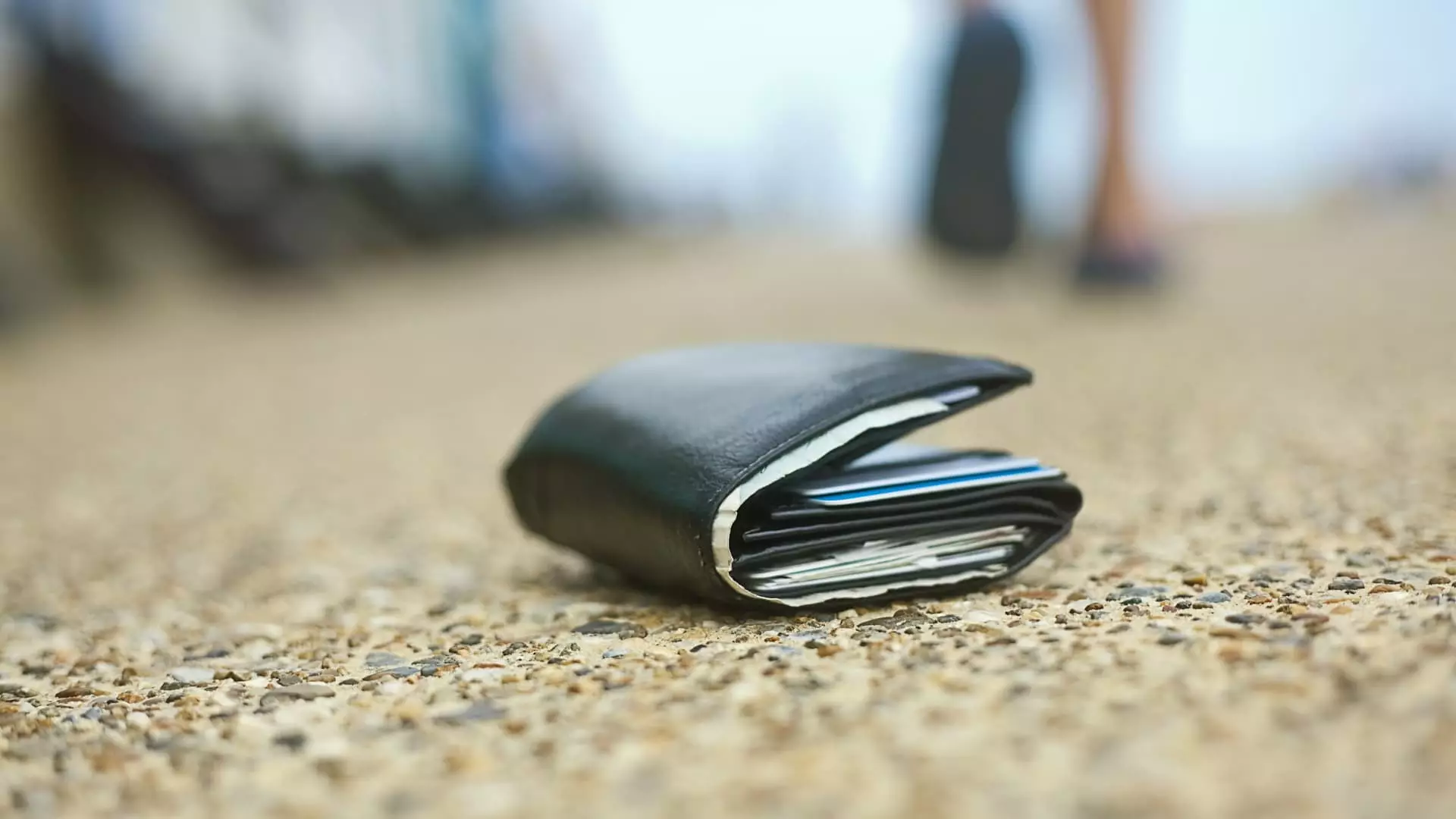Losing your wallet can be a nightmare scenario for anyone, and the aftermath can be exhausting and mentally draining. After realizing that your wallet is missing, the first step is to search everywhere possible to find it. However, if all efforts turn out to be futile and you accept defeat, it is crucial to take immediate action to protect your identity and financial security.
Freezing Your Credit
One of the key steps that many financial experts recommend after losing your wallet is to freeze your credit. By freezing your credit, you can prevent anyone from opening new lines of credit in your name. This step is essential to reduce the risk of identity theft, especially if sensitive information like your Social Security card was in your wallet. Freezing your credit is a simple process that can be done online with the three major credit reporting agencies – Equifax, TransUnion, and Experian.
Once you have frozen your credit and taken necessary security measures, the next step is to replace all the cards and documents that were lost with your wallet. This can be a time-consuming and tedious process, especially if you have to deal with multiple institutions like banks and government agencies. In some cases, like having a permanent address in a different state, requesting a replacement driver’s license can be particularly challenging.
Utilizing Virtual Payment Options
In the age of digital banking and virtual payment options, there are ways to manage your finances and make necessary transactions even without physical cards. Virtual credit cards stored on your mobile phone’s wallet can be a lifesaver in situations where your physical cards are lost or stolen. These virtual cards can be used for online and in-person transactions, providing a temporary solution until you receive your replacement cards.
While online banking and digital payments have become the norm, there are still traditional options available for accessing cash and managing your finances. Visiting a physical bank branch to withdraw cash may seem outdated, but it can be a practical solution in emergencies when you need immediate access to funds. Having a backup plan for financial transactions, like keeping cash and a couple of credit cards stored securely at home, can provide peace of mind in case of unforeseen events.
Protecting Your Identity and Assets
In addition to freezing your credit and replacing lost cards, there are other steps you can take to protect your identity and financial assets. It is important to update all accounts and subscriptions with new card information if you had to request replacement cards. Changing passwords and enabling multi-factor authentication for your financial accounts can add an extra layer of security to prevent unauthorized access. Sharing copies of important documents with a trusted individual for safekeeping can also serve as a backup in case the originals are lost or stolen.
Losing your wallet can be a wake-up call to the importance of safeguarding your identity and financial information. By taking proactive steps to freeze your credit, replace lost cards, and secure your accounts, you can mitigate the risks of identity theft and financial fraud. Utilizing virtual payment options and maintaining backup plans for financial transactions can help you navigate the challenges of losing your wallet with greater ease and confidence. Remember to stay vigilant and proactive in protecting your identity and assets to prevent future incidents of financial loss and security breaches.

